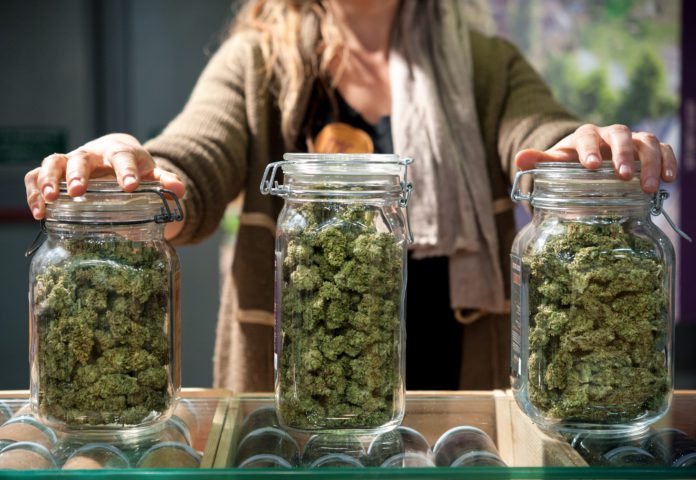Cannabis has become increasingly popular because of the calming effects that the plant has on those who consume it. People who are under varying levels of pressure from work, school, and life tend to use this substance to get relief, even just for a short while.
However, this substance also has a psychoactive component (tetrahydrocannabinol, more commonly referred to as THC), and it is this that causes a bit of conflict among policy-makers and substance users. As we all know, a thing is considered psychoactive when it alters how a person perceives things around them.
If you are a human resource professional in the United States, you need to be aware of a lot of things regarding cannabis use in the workplace. In this article, we discuss two such things.
It’s challenging to determine impairment caused by marijuana
As mentioned in the introduction, marijuana or cannabis has a psychoactive component called THC. When a psychoactive element plays out in a person’s consciousness, they might perceive things that are not actually there. This is, of course, a problem in the workplace, let alone on the road.
However, unlike alcohol, it’s hard to determine at what level of cannabis intake serious impairment occurs. Several factors come into play, such as how heavy of a user a person is. It is perhaps because of this that states like Nevada have started ruling against punishing or firing employees who flunk their cannabis tests.
As a response, HR professionals can simply ban marijuana use in the workplace altogether, in the same way that alcohol is banned during work hours. They can also be trained to spot manifestations of impairment.
This really has to be taken seriously because accidents caused by lenient workplace policies regarding marijuana use can be used as basis for work injury claims should accidents occur. Assessing the validity of the claim, of course, still rests in the hands of competent legal professionals such as those from the Reck law firm.
Cannabis use is not always legal
“From a legal perspective, it’s fascinating.” Lauraine Bifulco perfectly summarizes the legal attitude toward cannabis when she said this. She is the president and CEO of Vantaggio HR Ltd., an HR consulting firm based in Orange County, California.
“From an HR perspective, it’s, ‘Oh my gosh, could you do anything to make my life more complicated?’ Every day we turn around and find out there’s a state or city that legalizes some form of marijuana use,” Bifulco continues. “The challenge for HR is keeping up to speed with the current climate and what an employer can and cannot do with regard to marijuana and the workplace. It’s changing extremely fast.”
Each autonomous city or state in the US are creating their own rules regarding cannabis use, and HR personnel need to keep up with changing legislation. What’s legal in one place might be problematic in another, and there is no room for mix-ups when it comes to the law.
In spite of all this, the battle for federal-level legalization of cannabis is still not over. The debate continues, and whatever the outcome is, HR professionals will have to take note of it.
Cannabis use is still a hotly contested issue in the United States. There are those that approve its use only for medical purposes. There are also government units who are lenient enough to allow its use for recreation. For sure, this has some implications on HR professionals who are tasked with maintaining order in the workplace.
